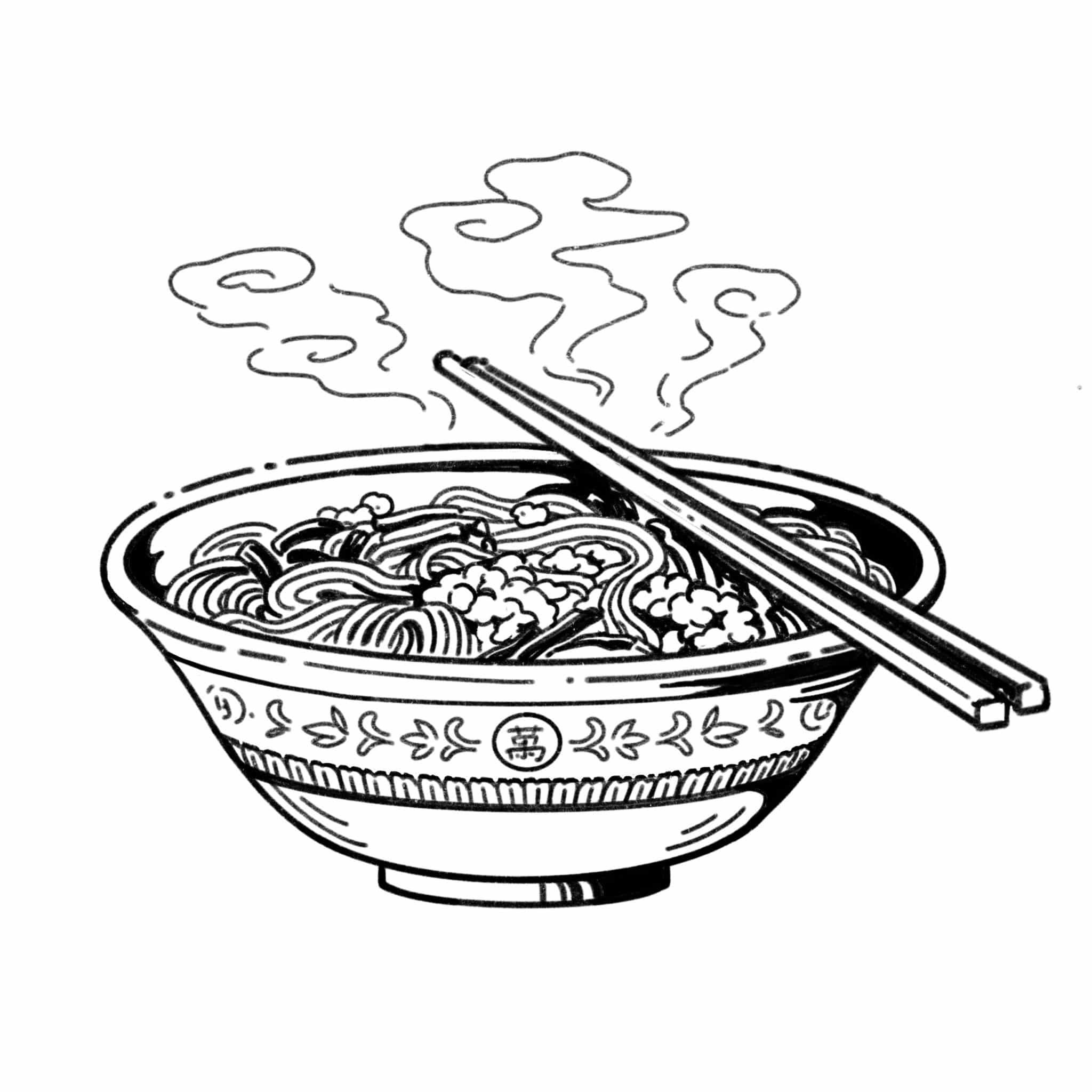In the end, my parents saved up and opened their own Chinese takeaway called Lucky Star on the luckiest day of the century: 8 August 1988. It’s an auspicious date because the number eight is lucky in Chinese culture, signifying good wealth, fortune and prosperity – three key factors needed for a young, growing immigrant family.
My parents, brothers and I lived above the takeaway and we barely left the building. My home town of Beddau, which means ‘graves’ in Welsh, is a former mining village in the South Wales Valleys. Our shop backed out onto the old, derelict colliery and coke works, a vision of poverty and profundity. Most Welsh coal mines were closed by the end of the 1980s when my family arrived and their ends were hastened by the Thatcherite decree. It’s a sad story of deprivation, hardship and decline, and what’s left are grim scars of despair, worklessness and industrial gravestones.
Beddau was gloomy, rainy and had an insular community, with a population of just over 4,000 people, so everyone knew each other and knew each other’s business, which was both a blessing and a curse. Home to walls daubed with crude graffiti, stocky rugby lads drinking flagons of White Lightning in fields and youths who would set fire to our wheelie bins, it was a sleepy nowheresville where there was not much to do and, as the name suggests, a place where all good things went to die.

We were also far from the hustle and bustle of the nearest Chinatown or any Asian supermarket, so I was surrounded by white neighbours, white teachers and mostly white friends. Diversity was therefore pretty much non-existent around these parts. It felt secluded from the rest of the world.
Despite dying of boredom and being apart from anyone who looked like me, being in Beddau did mean being in the beautiful countryside, surrounded by lush, rolling green hills and flowing rivers – wherever you stood there was a high chance of spotting fluffy white sheep in the distance.
There’s a stark contrast between the rich joyous beauty of the landscape and the high unemployment rates and limited prospects, but it’s the melancholy of the people who try to scratch out a living in these parts that make this place what it is. It’s the tangible optimism, the wicked humour and the mischief from these tight-knit communities.
It’s the neighbour who stops you in the street to ask, ‘How’s it going? S’appenin’, butt?’ Or the local hairdresser asking about your loved ones: ‘Dawn! Alright, love? How’s yer mam doing? Tell her I said hiya.’ It’s the welcoming, friendly natter of people going about their day-to-day, and that is the essence of the Valleys. This was, for better or worse, the green, green grass of my home, and I wouldn’t have traded it for the world.
The complexity of the British Chinese takeaway story, and my story growing up in Beddau, cannot be unravelled through an inked menu alone or categorised neatly into rice, chow mein, curry and chop suey dishes. But the shop can tell us a little bit about ourselves – how we Brits treat one another and how we accept the new and the different.
Our takeaway was the place to go for the neighbourhood pub afterparty. A place for some food and chat where women gossiped and beaming elderly men came to stave off loneliness. The telephone rang constantly and a stream of people would pop in to pick up orders in hot foil containers stacked in white plastic bags. It was a juxtaposition of us being treated like immigrants, but also being keepers of something instinctively British.
These little windows into history can show us how, despite mass deportations, alienation, racial abuse and great animosity, Chinese immigrants have always persevered. They have taken the limited opportunities given them and succeeded so wildly that Chinese restaurants and takeaways are now a thriving, essential part of the British experience.
The most fascinating aspects of the restaurant menu aren’t the exotic names or the specials, but the wonderful time capsules captured by the food and ingredients that make up each dish. Some of the selections you make for your Friday-night treat therefore, are snapshots of my life living in someone else’s country.
TAKEAWAY: Stories from a Childhood Behind the Counter by Angela Hui (£14.99, Orion Books) is out now.












0 Comments